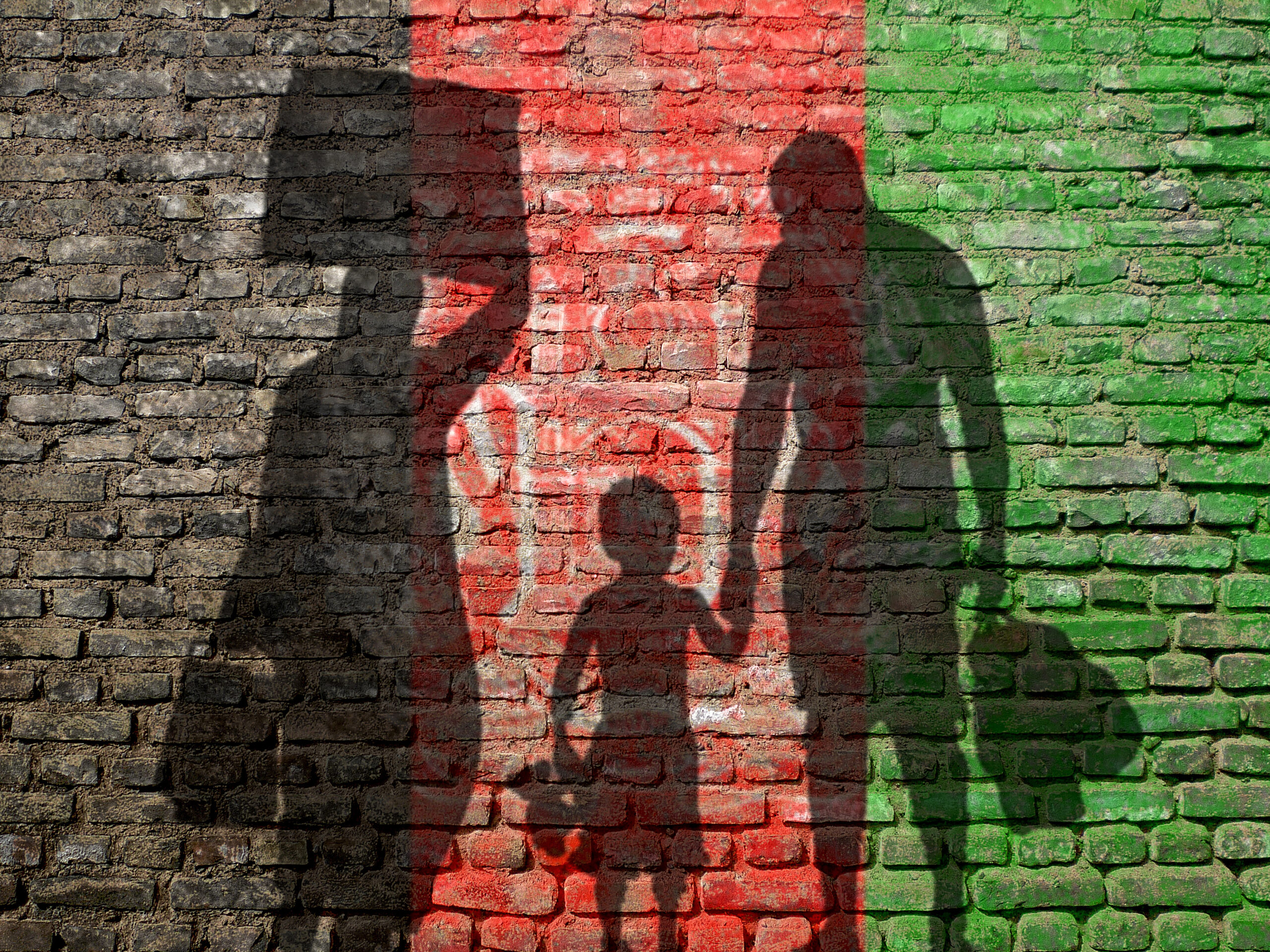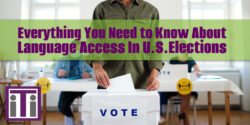
The Afghan Refugee Crisis Doesn’t End With Resettlement
Imagine this: Your country has been at war for twenty years and, for most of that time, you’ve been in the thick of it.
When NATO forces first arrived, you and many of your neighbors saw them as liberators. Along with a loosening of restrictive laws, these foreign visitors brought opportunities, especially jobs. Lots of jobs. They needed help with everything from basic labor to expertise in local customs, infrastructure and politics. And, of course, interpreters and translators.
So, you went to work for them. Sure, a few of your neighbors accused you of collaborating with “invaders,” but others were also benefiting from new opportunities. On the balance, it seemed like the right decision. But then, over time, public sentiment shifted. Violently.
You had to lie about who you worked for, teach your children to keep secrets and take them out of school. Maybe you had to leave your home. Or maybe you had nowhere else to go. Friends and family members in similar situations started to disappear. You heard about beatings, torture, and executions. Beheadings.
You stopped sleeping.
Getting out wasn’t easy. It was, in fact, terrifying. Dangerous. You left almost everything behind. Many times, it seemed like you wouldn’t make it. But, somehow, you did.
Now, you have a new title: Refugee.
You and your family are in an unfamiliar place. Everything feels strange. You don’t know the food, the customs, or how to access available services. You speak Dari or Pashto or maybe Uzbek, or even more regional and rare languages like Balochi or Pashayi. You need help navigating your new life.
And the need for help is growing. According to U.S. News & World Report((Waddell, Braeden (2021). https://www.usnews.com/news/best-states/articles/2021-09-14/afghan-refugee-resettlement-by-state)), as of September 2021 more than 97,000 Afghans had been resettled in the United States, and at least 50,000 more are expected by the end of this year. Companies that provide these services, including Interpreters and Translators, Inc., are receiving calls from organizations that are rising to the challenge.
How Can Afghan Translation Services and Interpreting Help?
Help Accessing Emergency Services for Afghan Refugees
Dialing 9-1-1 in an emergency is one of the first lessons an American child learns. In war-torn Afghanistan, nearly instant access to what we call first responders is, very literally, a foreign concept.
Simple, one-page instruction sheets in the refugees’ native languages can go a long way in letting newly-settled families know how to get help in emergency situations. Organizations already requesting these translated information sheets include:
- Fire Departments. A new refugee will need to know everything from what to do when a fire alarm goes off in a building where they’re staying to how to read an emergency exit sign. They may or may not be familiar with smoke detectors, household fire extinguishers, or what to expect when the firetrucks roll in.
- Police Departments. Witnessing or becoming the victim of a crime is traumatic enough without the added stress of a language barrier. Having clear instructions on how to get help can go a long way toward helping Afghan refugees feel secure in dealing with law enforcement in their new environment.
- Ambulance and EMT Services. Finding oneself or a loved one being treated by first responders and/or lifted into an ambulance can be a terrifying experience, especially if you don’t understand what is happening. Some basic information about what to expect in an emergency medical situation will help ease those fears.
Help with Education for Afghan Children
Children tend to learn new languages and customs quickly, but their parents often take longer to achieve fluency. Documents in their native tongue will allow refugee families to not only get access to the services their children need, but will allow them to more fully participate in their children’s education.
- Enrollment Forms, Permissions, Report Cards, Etc. The amount of paperwork involved in a child’s education is daunting no matter your language skills! From getting the child enrolled in the first place to authorizing them to participate in sports, special programs or extra-curricular activities, the stream is endless.
- Parent-Teacher Conferences. Without an expert in-person or remote interpreter, the ability to clearly convey your students’ challenges, triumphs and needs to a non-English-speaking parent will be nearly impossible, as it will be to understand their questions and concerns. And it does not take much imagination to know that a child is not going to be the most reliable interpreter in parent-teacher communications!
- School Counseling. As discussed in our blog post entitled Translation Services in Public Schools, guidance counselors have reported having to use students to interpret post-high-school planning advice! Having accurately translated written materials about things like college applications, scholarships and financial aid would be of tremendous help to refugee parents of children nearing graduation age.
- Special Events. Let’s not forget about the fun stuff! Don’t let refugee families miss their chance to be part of your school’s community. Refugees are more likely to attend concerts, parades, and sporting events or to become volunteers at your fundraising events if they receive calendars and invitations they can easily read.
Help with Adult Education
It’s not only the refugee children who may be attending public schools. Adults with varying degrees of English proficiency, from basic to none at all, will be seeking education in areas ranging from career skills to English. Afghan women may not previously have had access to formal education. Providing a roadmap to finding and enrolling in the classes they need, in a language they understand, will be invaluable.
Help with COVID-19 Information in Afghani Languages
There is a lot of misinformation out there about the virus, the vaccine, variants, mask mandates, state-to-state travel restrictions, etc. It’s easy to be confused, especially if you don’t know the language. Having Dari, Pashto, Uzbek and Urdu translations of information sheets about these topics will help prevent misunderstandings and encourage refugee families to keep themselves and their new neighbors safe.
If your community is one of the thousands across the U.S. hosting newly-arrived Afghan refugees, you can make their transition easier by considering the ways translation and interpreting will smooth their passage in a new land.
iTi is here to support all your interpreting and translation needs. We have 10,000 linguists that support more than 250 languages and unparalleled turnaround times. Contact us today.






Comments are closed here.